Image: Left: 30 cc COVID19 unvaccinated blood was drawn, after 3 hours rubbery clot formation can be seen. Right: Rubbery Clot Here I document investigation of rubbery clots in a COVID19 unvaccinated patient mid 60’s with history of acute myocardial infarction in 2020, who developed multiple embolic strokes from blood clots after heart catheterisation. He was treated with Aspirin, Plavix and Eliquis - all three are blood thinners. In 2022 the patient developed congestive heart failure and Atrial fibrillation, hence remained on Eliquis. In August 2024, after receiving dental anesthetics during another hospitalization a clot in his left ventricle was found while on Eliquis. The patient came to me for second opinion on self assembly nanotechnology possibly causing ongoing blood clotting. I had previously reported rubbery blood clot formation from shedding in a patient on multiple blood thinners: I also showed that COVID19 unvaccinated blood creates rubbery clots that can be inhibited by EDTA/ Vitamin C and Methylene Blue: Methylene Blue Prevents Rubbery Clot Formation, Essential Oils Help Too - Experiment Documentation I have been reporting on unvaccinated rubbery clots since 2022: Clifford Carnicom and I also investigated rubbery clots of deceased vaccinated, living vaccinated and living unvaccinated people: The clot was completely rubbery as you can see in this video: I then did microscopy on the rubber top part and the transition to the red part of the clot. The yellow rubbery part looks exactly like the polymer sheets that I found in COVID19 vaccinated blood clots: Microscopic Analysis Of A Blood Clot From A C19 Vaccine Injured Individual Image: COVID19 unvaccinated polymer sheets. Rubbery part of the clot The red part of the clot also contained polymer with more cells as well as the spherical liposomes: Then I found how the liposomes are assembling the rubbery clot by using up the red blood cells to form large polymer mesh networks: Image: spherical polymer micelles and red blood cells within the unvaccinated clot Below you can see at 4000x magnification that nano and microbots are self assembling the polymer clot part while interacting with the already present micellar mesh network: Below you can see that nanobots, barely visible ( estimated maybe 500nm) are working to create the polymer backbone for the rubbery clot: In this video you can see the work is dimensional - you can see a larger light emitting microrobot at work on the micellar polymer clot. Tiny nanobots can also be seen swarming and using the red blood cells as a substrate to create solid polymer sheets. 4000x magnification: Summary: For the first time, the self assembly process of self assembly nanotechnology creating the rubbery clots is documented here - however that only confirms many other research articles linked above and findings that are now compiled in the two books TransHuman. I have some ethical questions regarding doctors who continue to ignore this information, while routine blood thinners do not work and people continue to have severe adverse health events. Because of the nature of my clinic, I see patients having blood clots on routine blood thinners a lot, as well as unvaccinated turbo cancer patients with self assembly nanotechnology in their blood. The cause is not addressed by the “regular doctors”. It is known that EDTA and Vitamin C inhibits nanoparticles from self assembling according to the Moderna patent. Should the doctors who continue to ignore this and fail to investigate be tried for negligence and complicitness in genocide in a court of law? Would that wake up the medical community? Should the media that is not willing to report on the self assembly nanotechnology be made liable? The fact that we can find this in unvaccinated blood does not concern people? How many people have to die while this information continues to be ignored by mainstream and even much of the “health freedom movement”? What kind of health freedom do you have if people knowingly are unwilling to look at the facts? Self assembly nanotechnology is an inconvenient truth. But it certainly is not as inconvenient as dying suddenly. Unless people start to get really mad that their health concerns are not addressed appropriately by looking at this research, we will not have change in the system. How hard is it to draw 30ml of blood, let it sit for a few hours or overnight and take a look at the rubbery clot formation? HOW HARD IS THAT WHEN YOU COULD SAVE A LIFE DOING IT???? What kind of an ethical and moral standard do you have as a health care provider if you don’t do it? Is it time for you as a “healthcare consumer and patient” to demand it? You're currently a free subscriber to Humanity United Now - Ana Maria Mihalcea, MD, PhD. For the full experience, upgrade your subscription. |
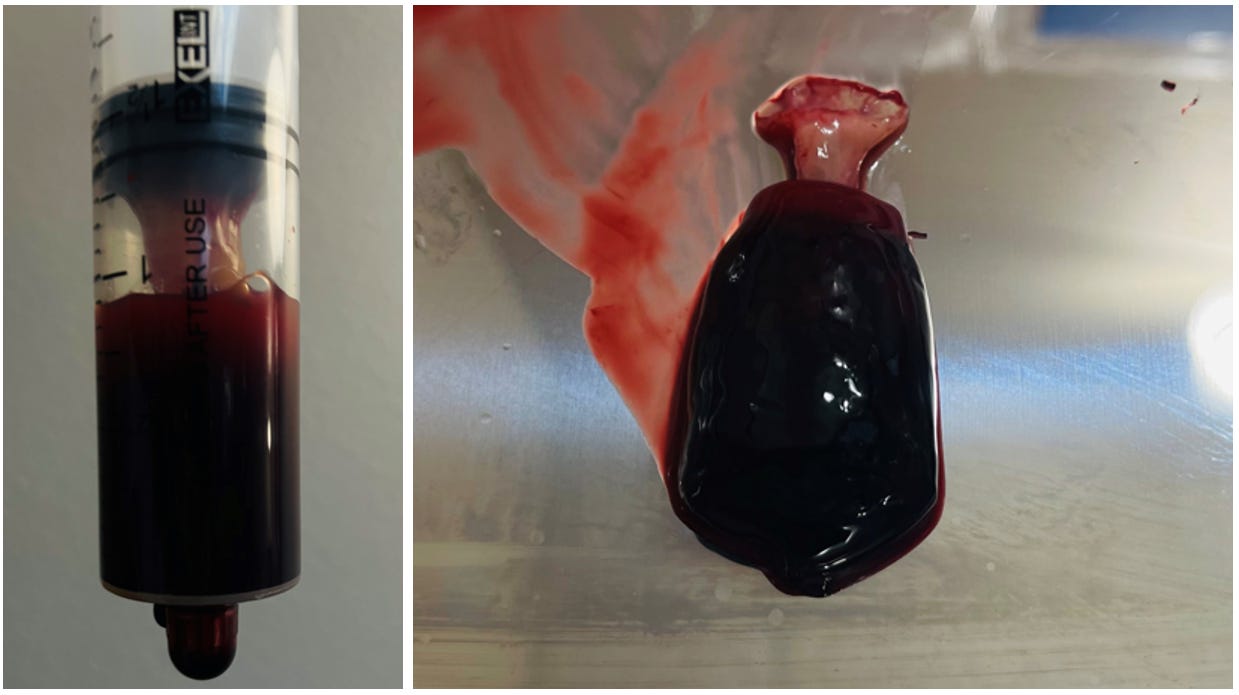
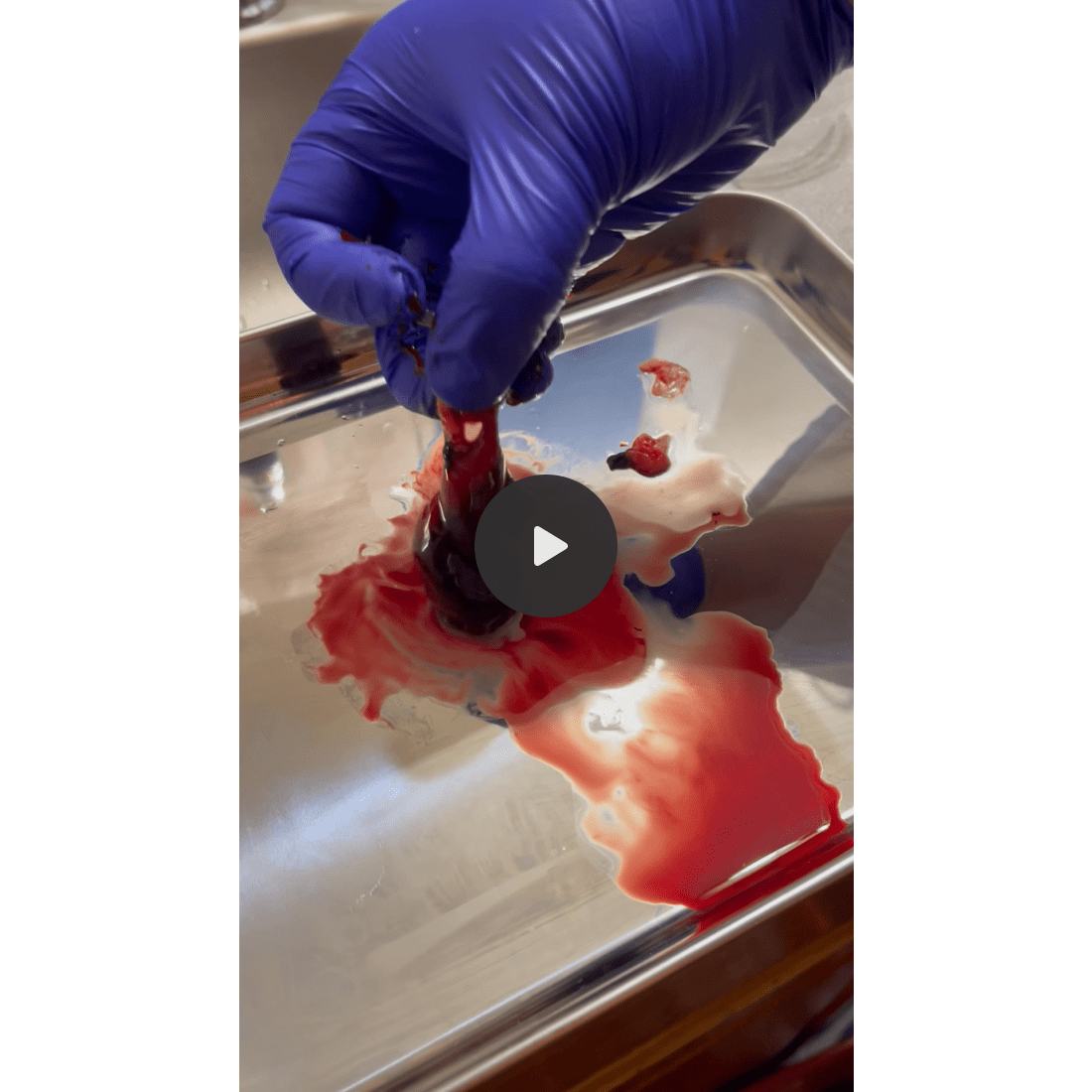
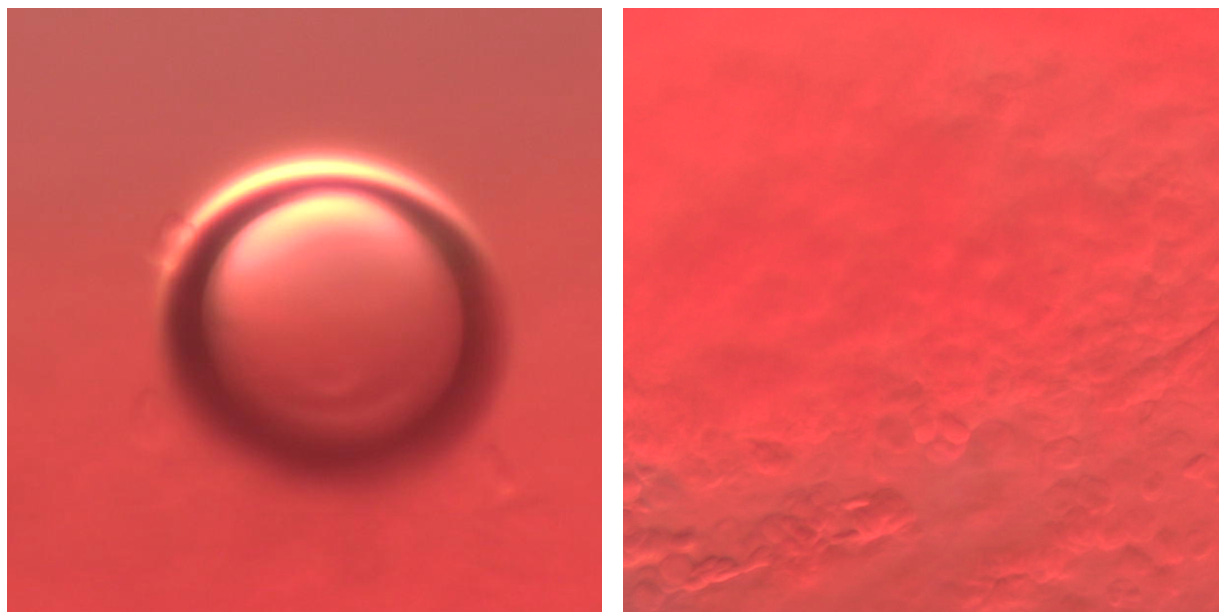
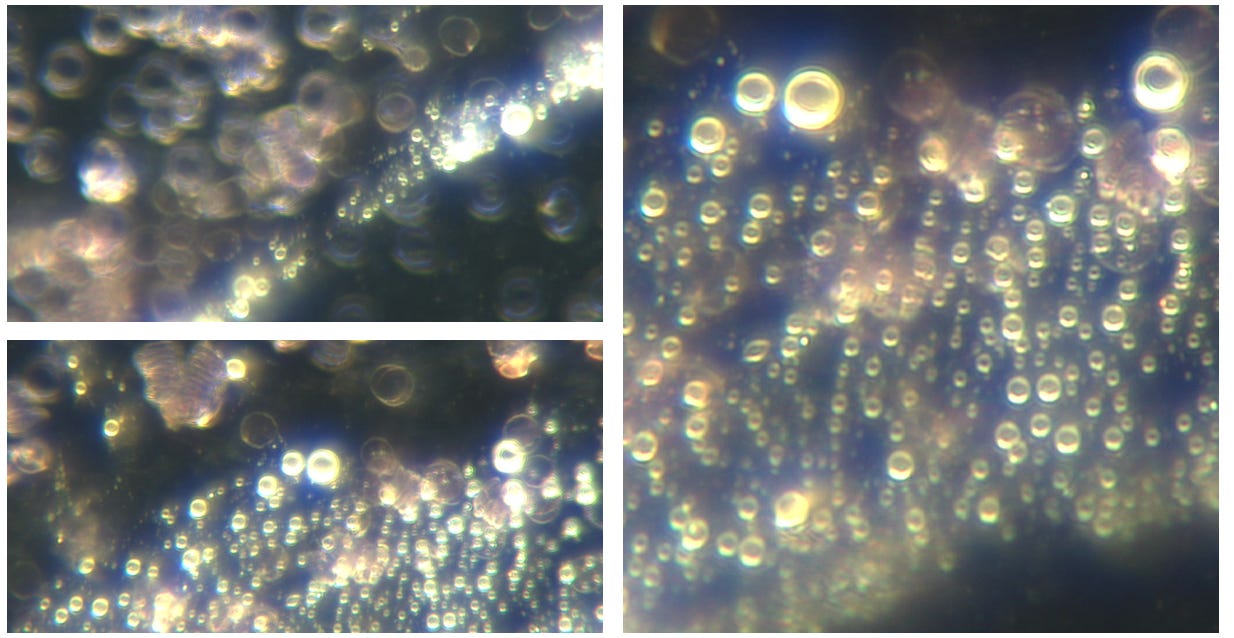
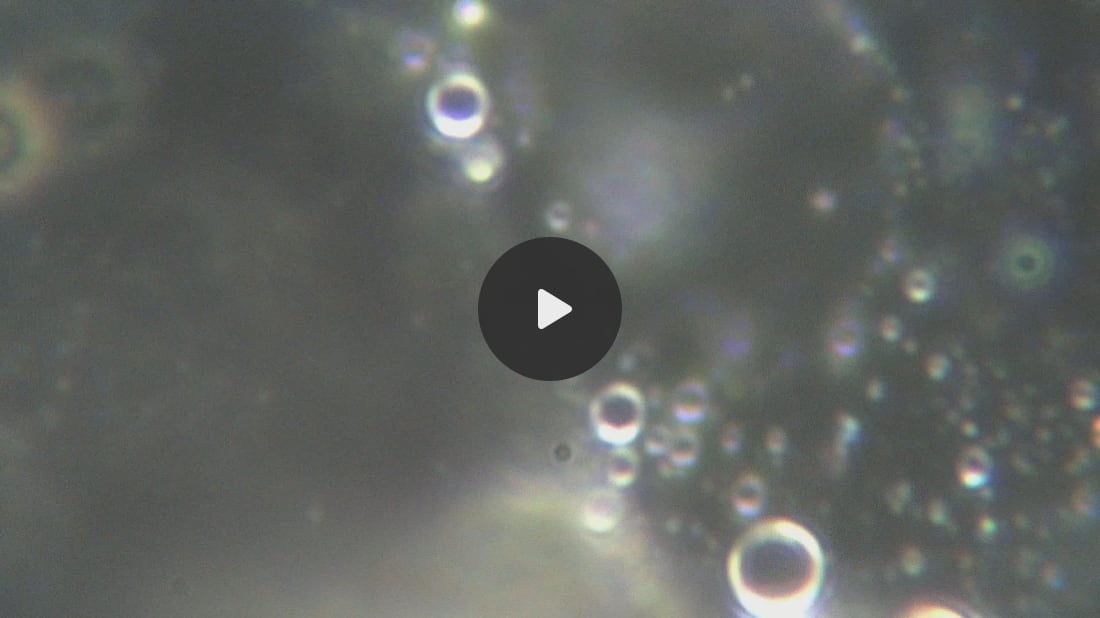
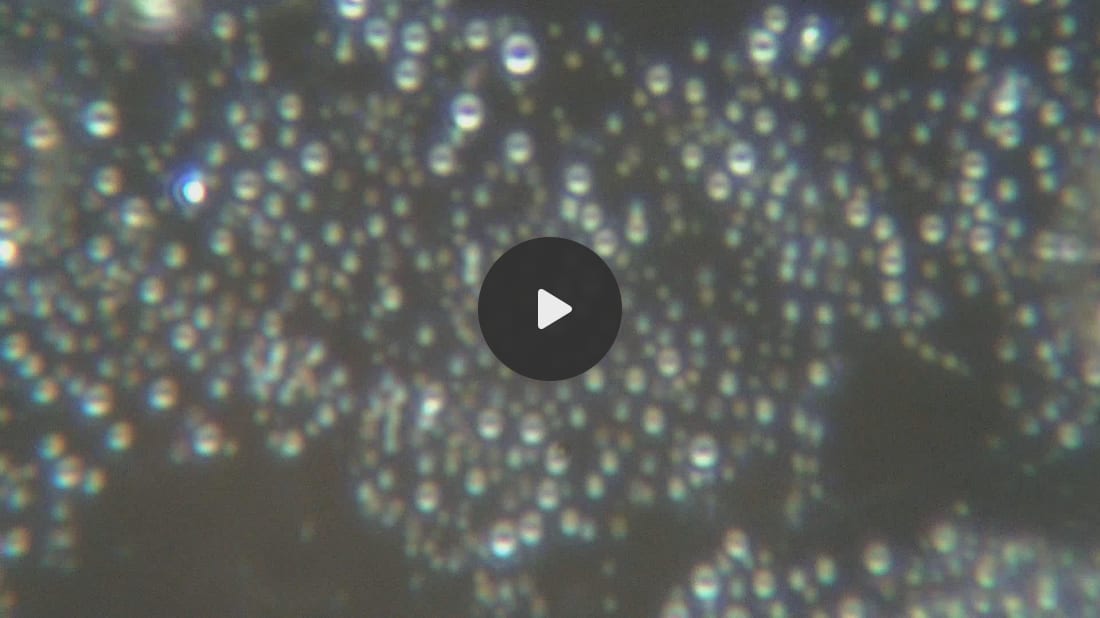


No comments:
Post a Comment